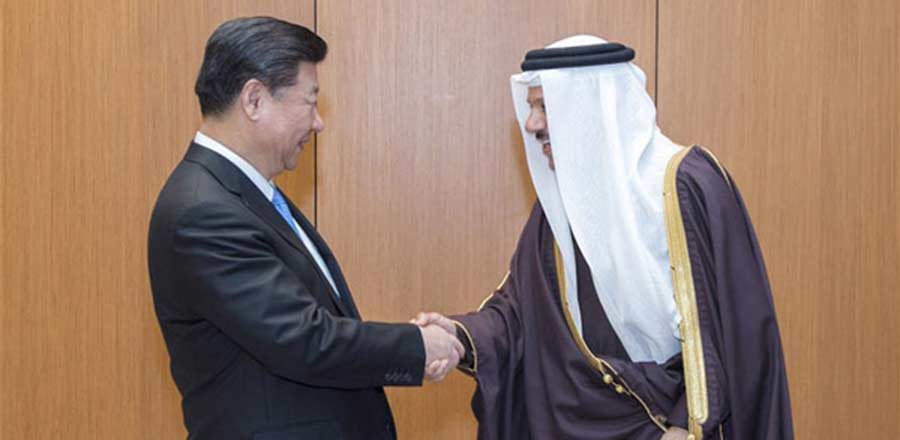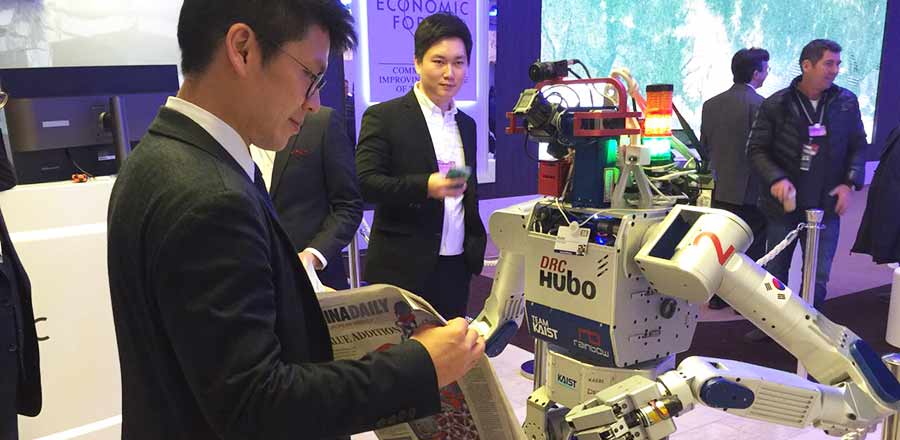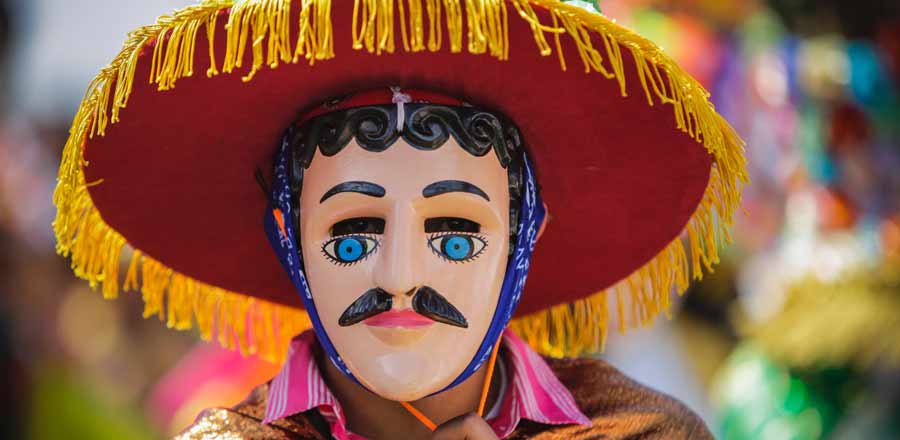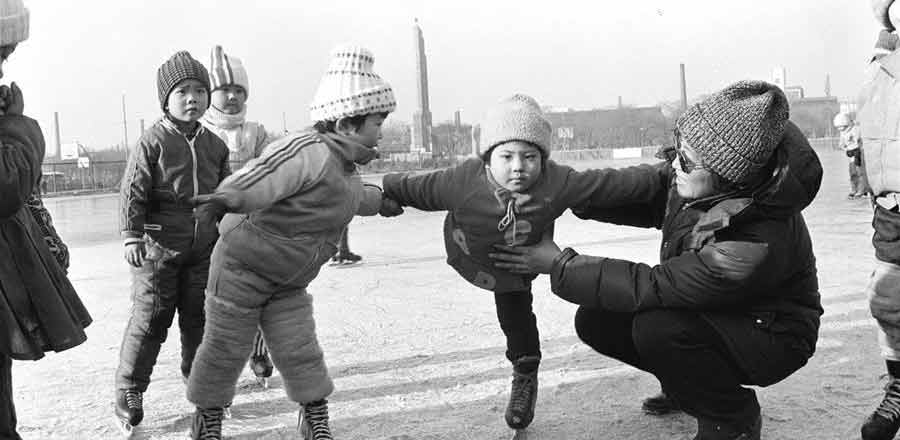
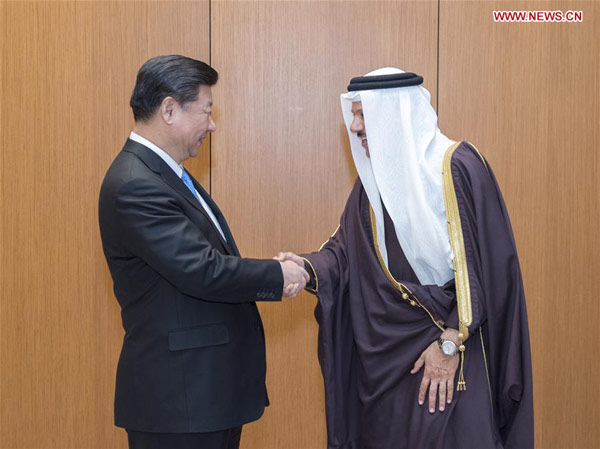 |
|
Chinese President Xi Jinping (L) meets with Gulf Cooperation Council (GCC) Secretary-General Abdul Latif Bin Rashid Al Zayani in Riyadh, Saudi Arabia, Jan 19, 2016. Xi arrived on Tuesday for a state visit to Saudi Arabia, the first stop of his three-nation tour of the Middle East. [Photo/Xinhua] |
Observers hailed the move, which will open an extremely rich market for China, as a "big breakthrough" made during the visit by President Xi Jinping to the Middle East.
Xi arrived in Riyadh, the Saudi capital, on Tuesday at the start of the first visit to the country by a Chinese head of state in seven years. He will also visit Egypt and Iran.
News of the breakthrough came after Xi met with GCC Secretary-General Abdul Latif bin Rashid Al Zayani on Tuesday in Riyadh.
Xi told Zayani that China is willing to be a long-term, stable and reliable energy market for the bloc. Zayani said all GCC members expect to raise the bloc's ties with China to the level of "special strategic partnership".
Commerce Minister Gao Hucheng said on Wednesday that the free trade agreement talks were restarted as the GCC's talks with another 16 countries remain frozen, reflecting the importance the regional bloc attaches to Beijing.
Gao added, "We believe this is an important move for the GCC to further strengthen its strategic partnership with China, and also a key decision to further improve China's comprehensive cooperation with the GCC."
Li Guofu, head of the Middle East Department at the China Institute of International Studies, said the agreement, once signed, will open up to China a market of six rich countries, which mainly rely on imports.
The GCC is a political and economic union of six Gulf Arab states — Bahrain, Kuwait, Oman, Qatar, Saudi Arabia and the United Arab Emirates. Li said, "Chinese goods will be very competitive there, and will be transferred to neighboring regions through the bloc."
Li Shaoxian, a senior expert in Middle East studies at Ningxia University in Yinchuan, the Ningxia Hui autonomous region, said, "I expected President Xi's visit to push forward the FTA talks, but I didn't dare to hope they would restart immediately. ... It's a big surprise."
A news release issued by the Ministry of Commerce and the GCC Secretariat on Wednesday said the Chinese government and the GCC "resumed negotiations on Jan 16 and substantively concluded in principle the negotiations on trade in goods on Jan 19".
China and the GCC have decided to "accelerate the pace of negotiations" and hold the next round in the second half of February. They will also "conclude a comprehensive Free Trade Agreement within 2016".
Gao said the GCC is the largest source of China's oil imports and the second-largest market for construction projects for China. "That's why China and the GCC decided to start bilateral FTA talks in 2004," he said.
